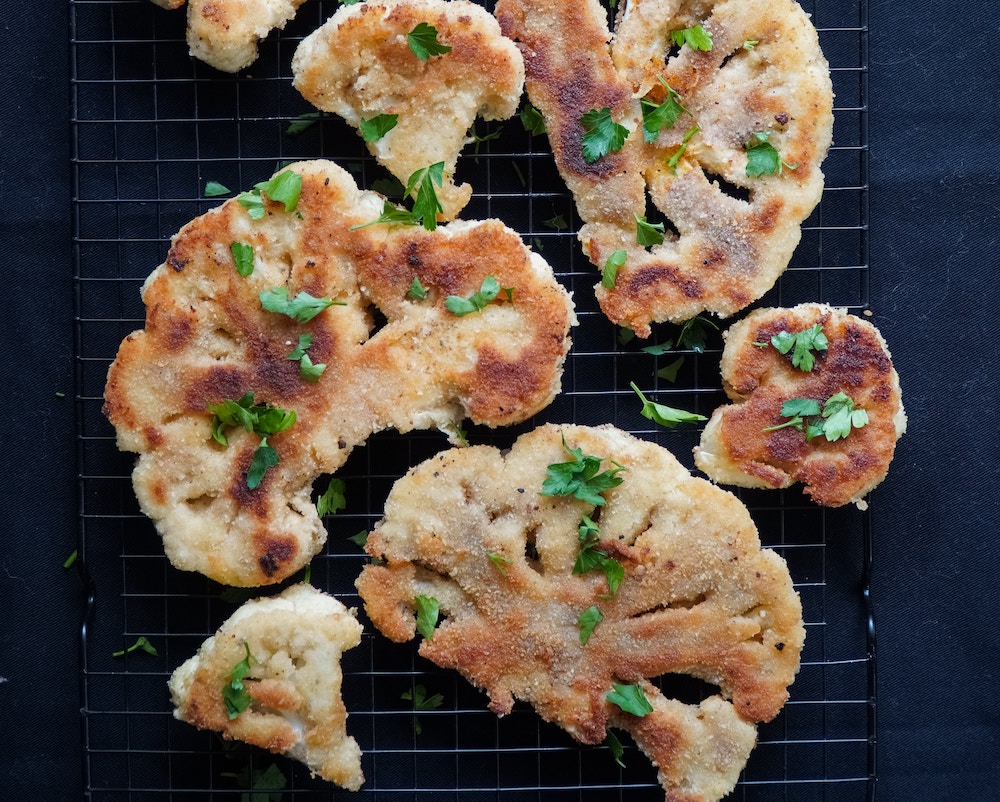Carbohydrates have been getting a bad rap since the 80’s, when the high-protein, low-carb fad came in vogue. Atkins, paleo and the like are diets that aim to shed pounds by sending the body into ketosis: a state where the body has no available carbohydrates to burn, so it must revert to fat stores instead. Sure, this may result in weight loss, but it can also lead to heart disease, osteoporosis, depression, and more. And plant-based eaters are not immune. Plant-based diets can be just as high in fat and protein as their animal-based counterparts.
Meanwhile, much to the carb-phobic crowd’s chagrin, carbohydrates are actually coming back into fashion. Or at least that’s what several nutrition gurus are promoting.
The McDougall Diet, 80/10/10, and the Engine 2 Diet are just a few of many eating plans that are high in plant-based, complex carbohydrates. Some turn to grains or pseudo-grains (seeds like buckwheat, wild rice, and quinoa) to provide the majority of this macronutrient while others rely almost solely on fruit.
Several other “almost-vegan” diets like the Ornish Spectrum, the Pritikin Diet, and macrobiotics also keep the carbs high and the fat/protein low. (Generally, around 10% of each is recommended.) But does that mean that this nutrient ratio is optimal?
Can humans thrive, or even survive when eating this way?
Humans have been subsisting on diets such as these for thousands and thousands of years. Certain Asian and Pacific Island subgroups rely heavily on complex carbs for sustenance and are extolled as being some of the healthiest cultures in the world. (Take a look at the Kitavas or the Okinawas.)
What about my dire protein needs?
According to the CDC, the recommended daily protein intake for 19-70+ year old females is 46 grams and 56 grams for males. Even if shooting for 10% protein, a 2,000 or 2,500 calorie diet (respectively) would provide more than enough.
Won’t I gain weight if I eat too many carbs?
Not necessarily. In fact, multiple studies such as this one (published in the American Journal of Clinical Nutrition) or this one (published in British Journal of Nutrition) have suggested that overeating carbs is far less risky for your waistline than overeating fat or protein. They indicate that excess carbs are stored as energy while excess fat is stored as, well, fat. Whole carbs with all of their fiber intact will ultimately be the best choice if weight loss is your goal, but bread and pasta aren’t as evil as they are made to seem.
Will a high-carb diet increase my risk of diabetes?
No! Not as long as you keep your fat intake relatively low. It is actually fat that spikes blood sugar, not carbohydrates. When we have too much fat in the bloodstream, it blocks insulin from reaching the cells (thus creating an imbalance.) But if you aim for around 10% fat, you should be perfectly fine.
What else can carbs do for me?
A diet high in natural carbohydrates can boost your mood, aid in healthy digestion, increase energy, provide mental clarity, maintain heart health and stimulate muscle recovery!
That being said, I do believe that everyone is unique and must determine what eating style works best for them. Take this as food for thought (no pun intended) and determine if a high-carb diet is right for you.
Image: Moyan_Brenn via Flickr





